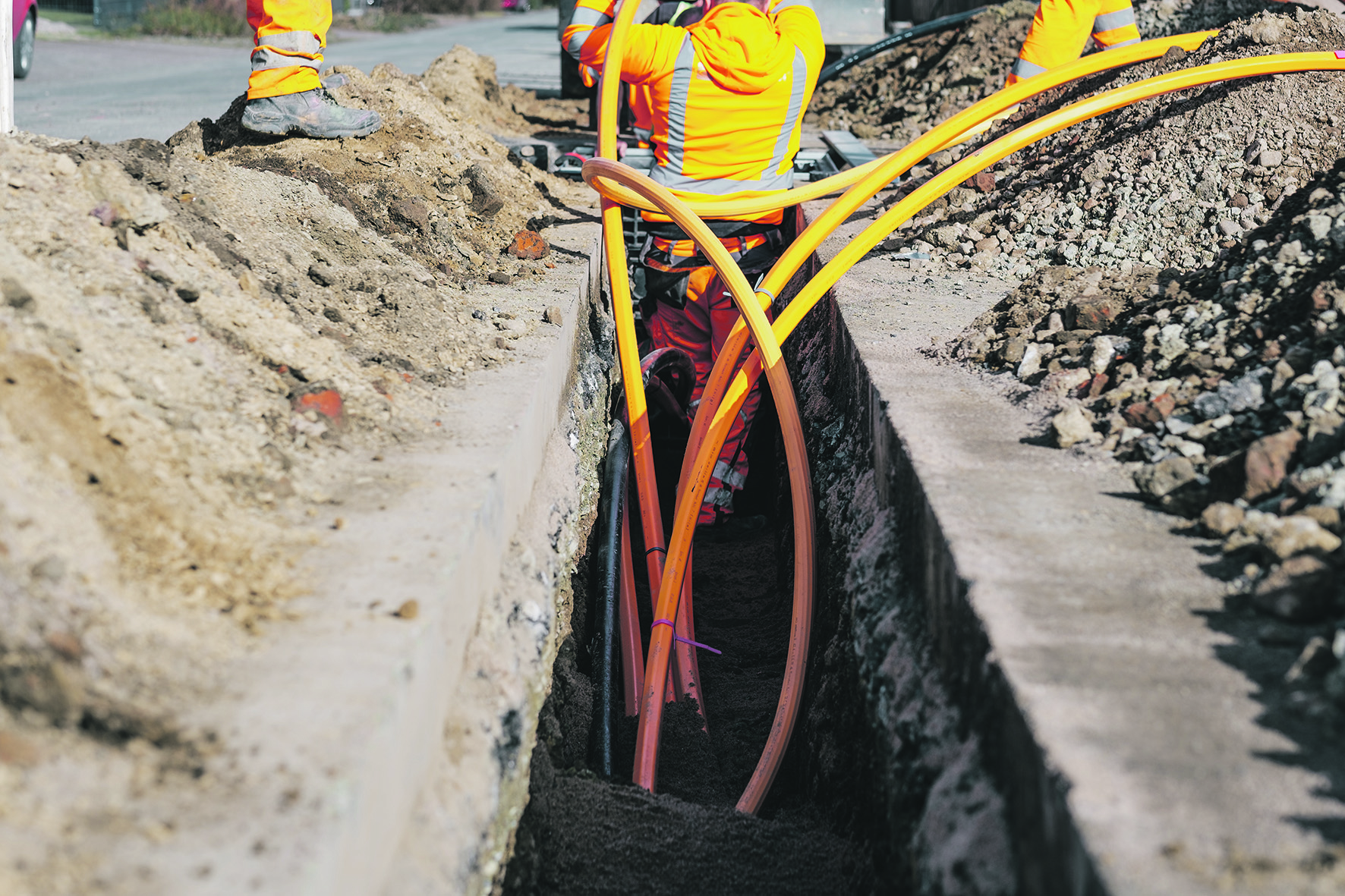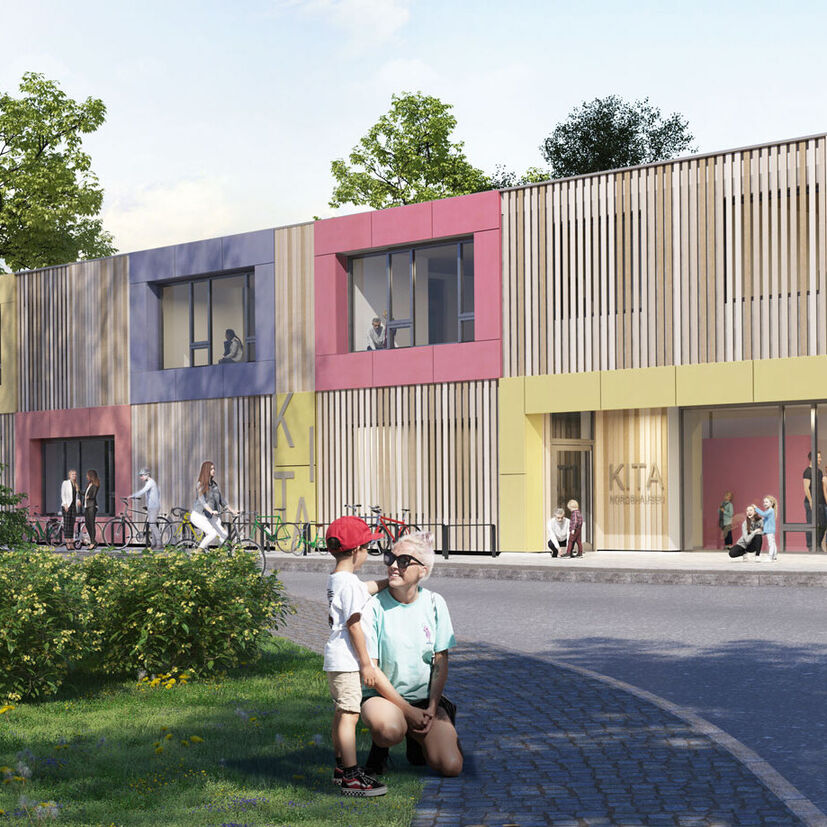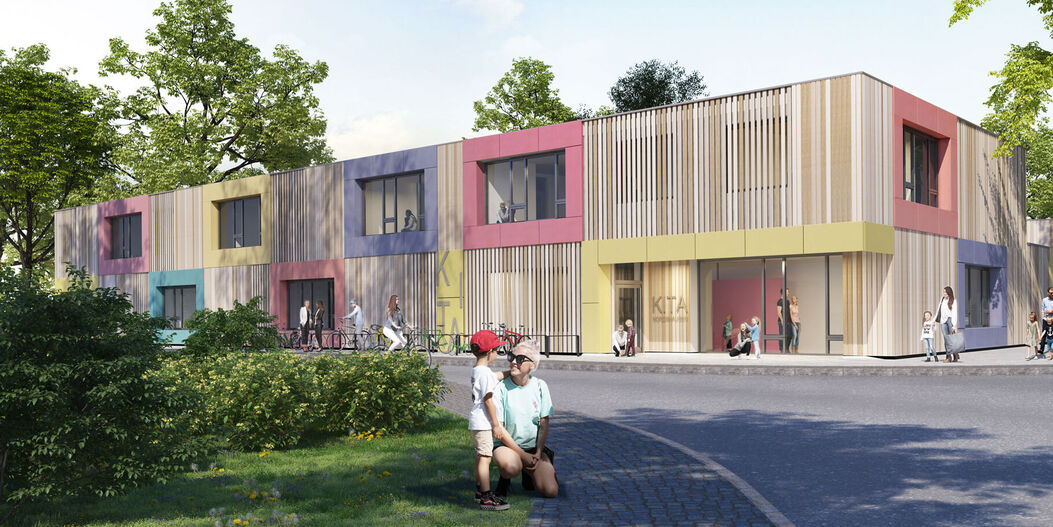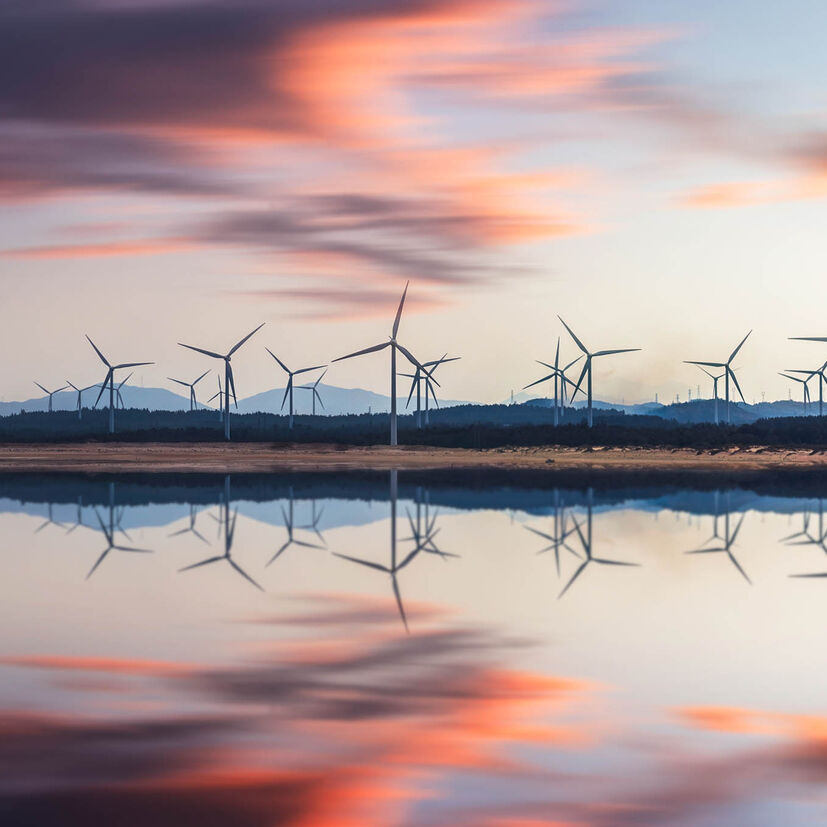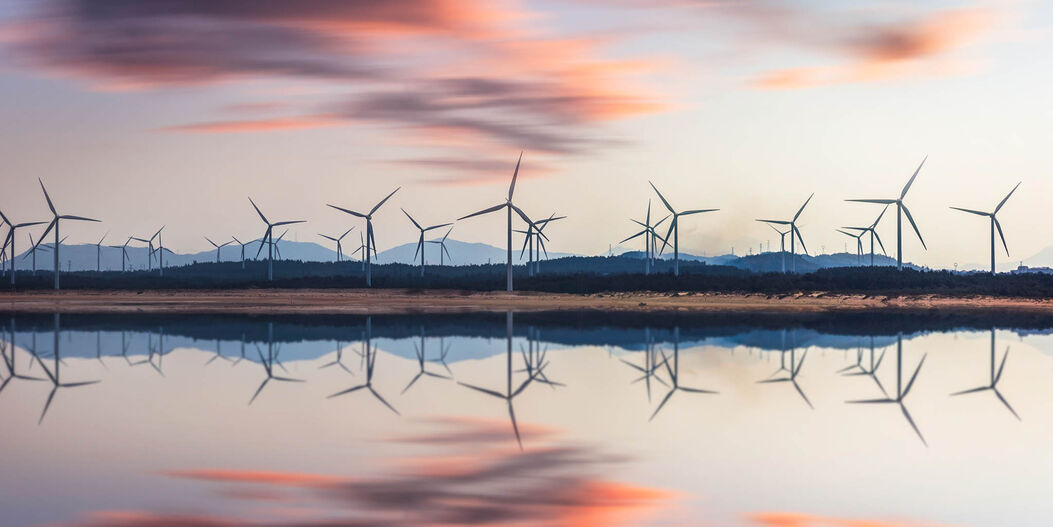Fast internet for all
Expansion of fibre-optic networks
The problem became even more obvious at the peak of the coronavirus pandemic when more people than ever before had to work on computers at home and their children were forced to attend school online: internet service in Germany is too slow. In rural regions of the country, data is transmitted via copper wiring that can handle a broadband of up to only 50 Mbit/s.
Demand for fast internet service continues to grow immensely in spite of this flawed infrastructure: manufacturing companies rely on the industrial internet of things. Government authorities are becoming more digital. The business community needs high data rates. Streaming and online gaming are becoming increasingly popular leisure-time activities. The solution: the expansion of fibre-optic networks. While other countries have been racing down the data autobahn for years, less than 25 per cent of Germany’s roughly 50 million households and companies have access to fibre-optic service. This means that, at the very least, the cables are buried in the ground. But only 3.4 million households and companies actually have a high-speed connection. Times are changing, though: companies and joint ventures are now competing against one another in a race to expand the networks. The entire country should be able to go online by 2030. Under the plan, every user should have access to data rates of up to 1,000 Mbit/s, or more than ten times today’s speeds.
The Glasfaser Nordwest project being financed by Helaba will provide service to
1.5 million
households and companies.
1,000
Mbit/s data rate for all households and businesses in Germany. That is the target by 2030.
Structured expansion
Helaba is financing a range of these projects – as of April 2023, the bank had contributed financing to projects that will help more than ten million people gain access to fibre-optic networks. As a state bank (Landesbank), Helaba bases its funding-approval decisions on the structure of the projects. “We work with experienced partners who are highly knowledgeable and experienced in such projects,” said Markus Greif, Deputy Department Director for Project Financing at Helaba. The department requires a company that is building a network to have an adequate credit rating – and the project must be able to bear risks. “If something does not go according to schedule, the project cannot be so tightly financed that it immediately causes insolvency,” Greif said. In some cases, small fibre-optics operators were unable to complete their projects because they could not overcome certain challenges, things like rising construction costs and long government approval processes.
Bochum is home to one project with favourable framework conditions. Deutsche Telekom is expanding the network there with the help of Glasfaser Ruhr, a wholly owned subsidiary of the municipal utility Stadtwerke Bochum. A total of 134,000 households and companies in the city will be able to profit from fibre-optic service, said Greif, a 15-year employee at Helaba who began his career as a banking intern at a savings bank (Sparkasse). In all, about €180 million is being invested in the project, including KfW funds that Helaba also provided.
Investing in the future
Helaba sets store by partnerships with private or partially private companies when it comes to financing projects – especially when the latter are implemented sustainably and involve an institution of such significance for the future as a childcare facility. Municipal authorities like the City of Kassel benefit from projects of this nature.
Focus region: rural areas
However, municipal projects like the one in Bochum are not really the focal point of Helaba’s activities. The competition is often very tough. On occasion, several different providers lay cable at the same time. The situation, which may make little sense to the outside observer, arises because companies competing for the markedly shorter cable routes in cities underbid one another. This results in many individual projects with small investment volumes. For this reason, Helaba prefers to focus on rural parts of Germany. As part of this work, it is financing a project being carried out by Glasfaser Nordwest, a joint venture of the energy producer EWE and Deutsche Telekom. In essence, the project covers an area that extends from Bremerhaven in the north to Paderborn in the south, the Dutch border in the west and Hamburg in the east. “In small steps, Glasfaser Nordwest is building a more or less complete network in cities, towns, residential areas and to companies. Overall, a potential total of 1.5 million households and companies are to gain service,” Greif said. He noted that the figure may indeed be impressive, but added that the size of projects is not really the point: “We have also co-financed 25,000 or 30,000 connections. We always analyse the individual case.”
Benjamin Bürkner considers the provision of internet service to those rural regions that have been cut off from fast internet up to now to be extremely important. Bürkner, Helaba Group Director for Strategy and Digitalisation, is determined to support the transition to a digital and sustainable society – he thinks both factors go hand in hand. “Expansion of fibre-optic networks is an important business location factor for start-ups,” Bürkner said.
“Expansion of fibre-optic networks is an important business location factor, for example for start-ups that are involved in the energy transition.”
Benjamin Bürkner,
Helaba Group Director for Strategy and Digitalisation
Germany must have a solid infrastructure if it intends to remain competitive and to continue its evolution into a knowledge society. This is also the case for the industrial internet of things and innovative business models. The financing provided to such projects contributes to the achievement of the UN Sustainable Development Goals, which call for a robust infrastructure and inclusive and sustainable industrialisation. “We are fostering social participation and equal opportunity, something that should not depend on whether you live in a city or a rural area,” Bürkner said.
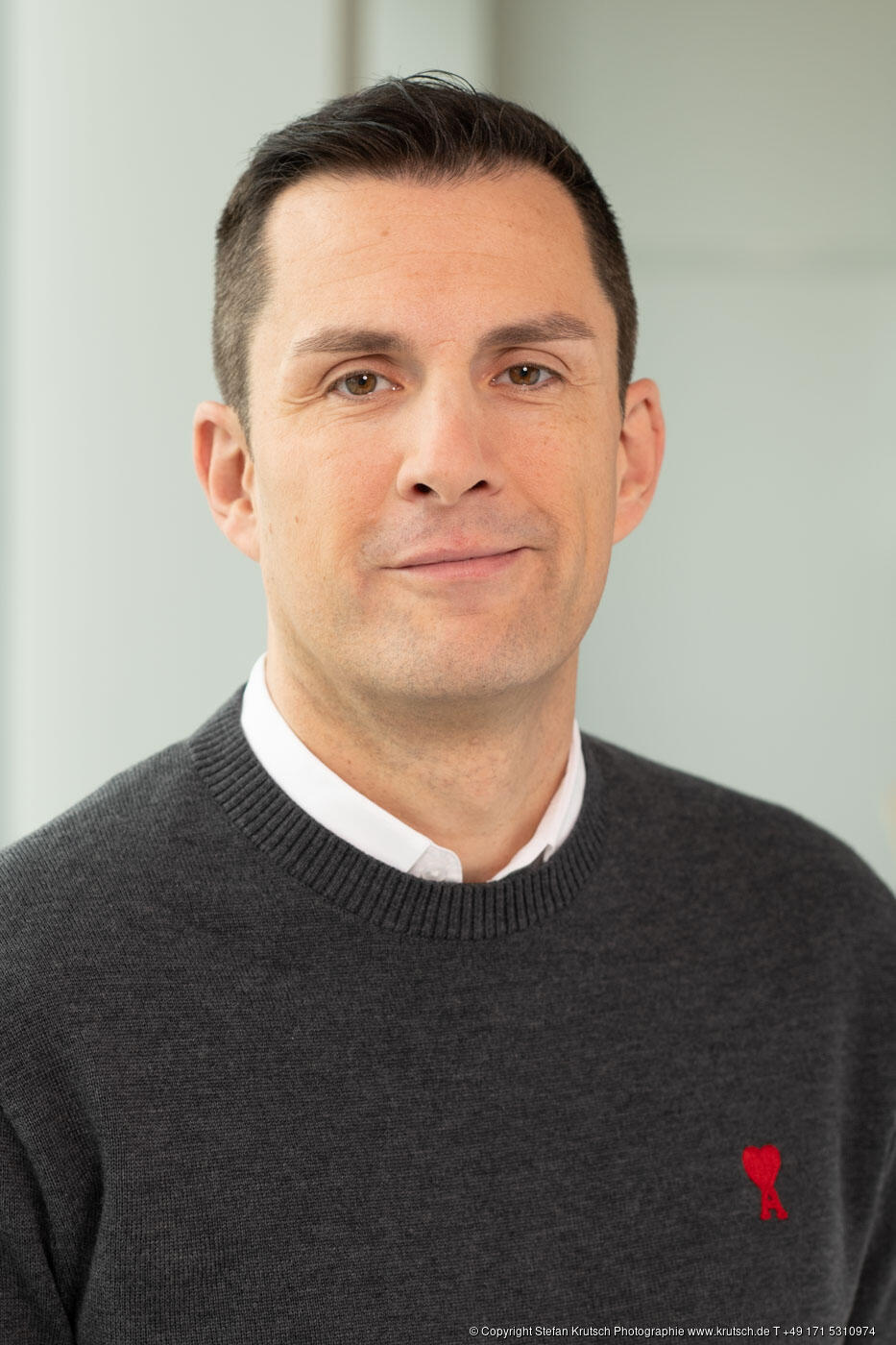
Helaba Group Director for Strategy and Digitalisation
The business perspective
In addition to the relevance of the expansion of the digital infrastructure, Helaba focuses on key economic figures. The state bank generates income from fees charged for the structuring of loans and from the interest payments made to service these loans. “We look at such questions as the amount of credit a project may take out, when and how these loans can be serviced and which key financing figures must be observed. The amount of equity also plays a role,” said Greif, who processes the financing together with three colleagues. The risk faced by Helaba is regularly reviewed because the experts closely follow the project. “Our customers send us reports that detail how the expansion of the fibre-optic network is proceeding and the challenges they face,” he said. This monitoring job is performed by a dedicated department at Helaba.
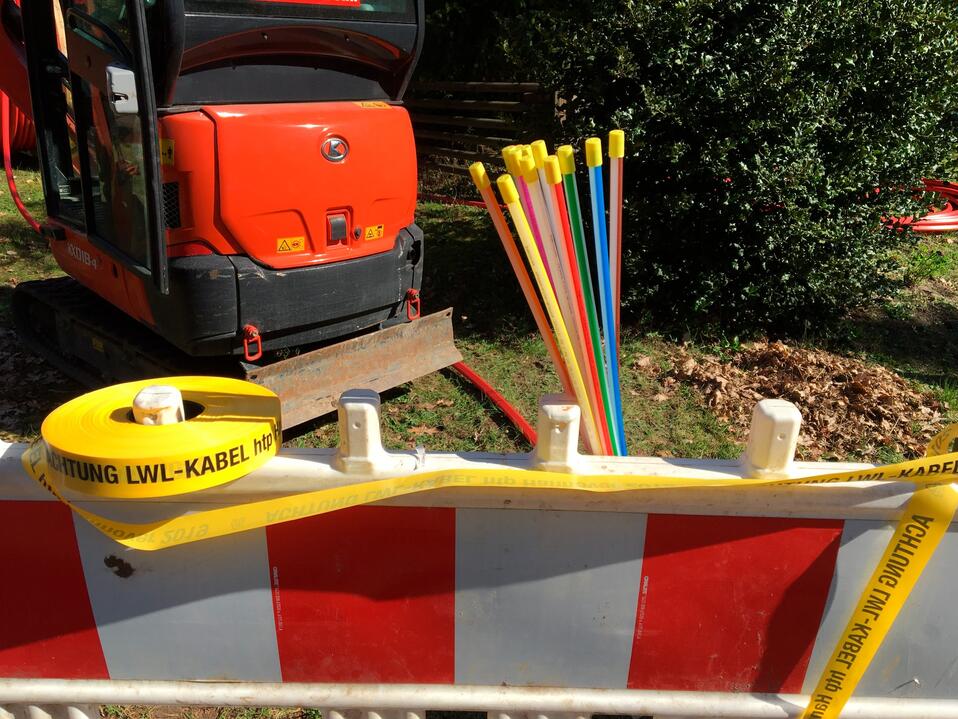
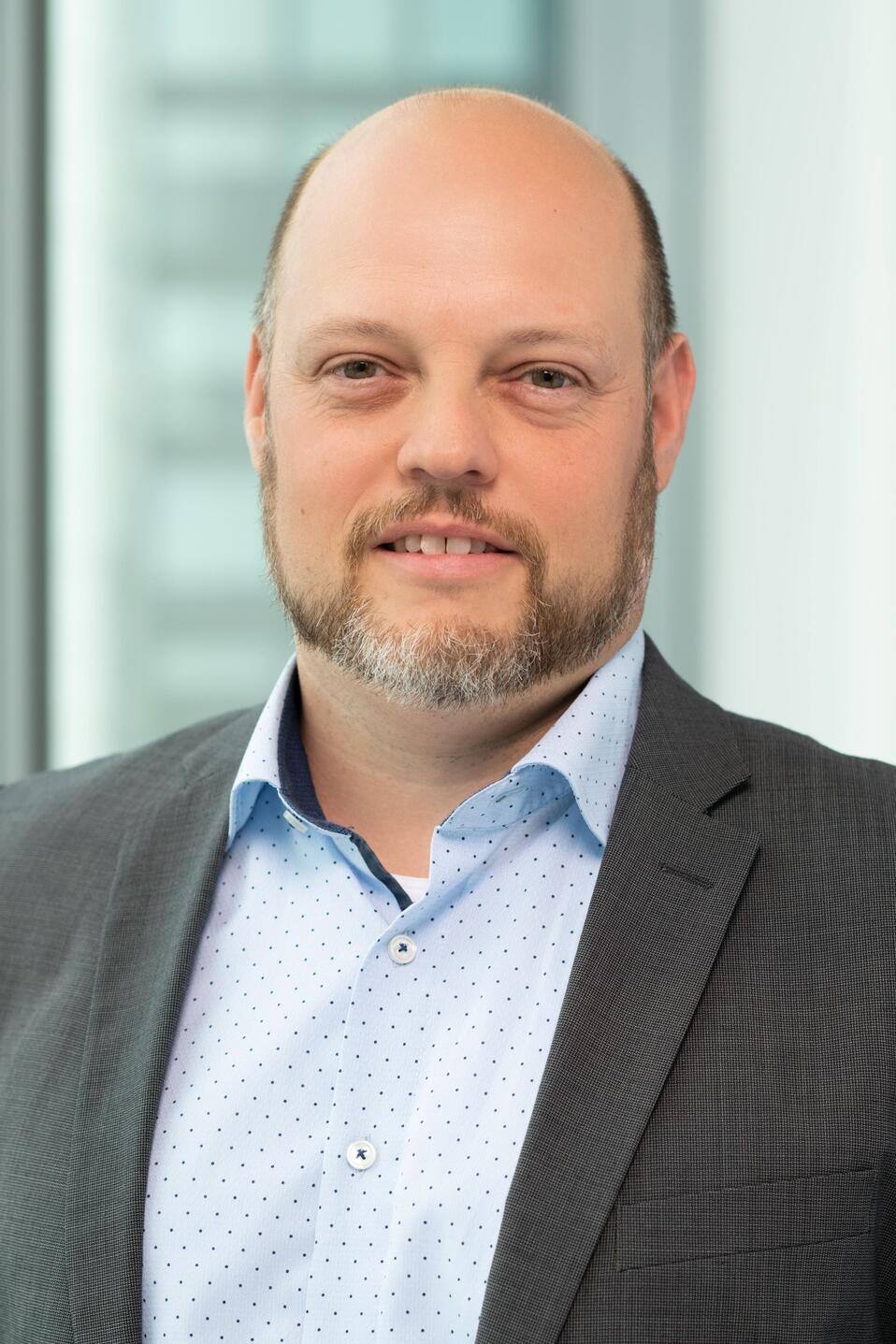
Deputy Department Director for Project Financing
Cable is just the beginning
Computing centres and mobile communication towers are two other parts of a functioning digital infrastructure. Helaba is already involved in a number of projects involving these towers, including ones in Germany and France. “The focus here is not on individual private customers using the fibre-optic lines later. Rather, we are talking about the major network operators Deutsche Telekom, Vodafone, O2 and 1+1 that will lease the towers,” Greif said. The risk is assessed completely differently as a result. The four major companies generally share the mobile communication towers in arrangements that involve long-term leases and reliable lease payments. The companies are also interested in expanding the fibre-optic networks because this work will also improve mobile communications. In this process, signals are sent from a smartphone to a tower, from there via fibre-optic networks to computing centres and then back using the same route.
By contrast, computing centres offer no synergies, and the project analysis work is more complicated. “You have models in which the future customers are investment-grade companies as well as centres that serve many small providers,” Greif said. “For this reason, we must carefully examine the lessee risk, the ease with which agreements can be terminated, the amount of demand and the competitive situation.” Grief added that all investments in the digital infrastructure are important to the project financier because synergies frequently are created. “We at Helaba are helping to make Germany as a business location more digital and sustainable for the future.”
“We at Helaba are helping to make Germany as a business location more digital and sustainable for the future.”
Markus Greif,
Deputy Department Director for Project Financing
Catching the wind
One of the cornerstones of the transformation of the energy system, wind power requires complex financing solutions. Stefan Seibel, Vice-President Renewables Team and qualified industrial engineer, knows the ropes.
Further Stories
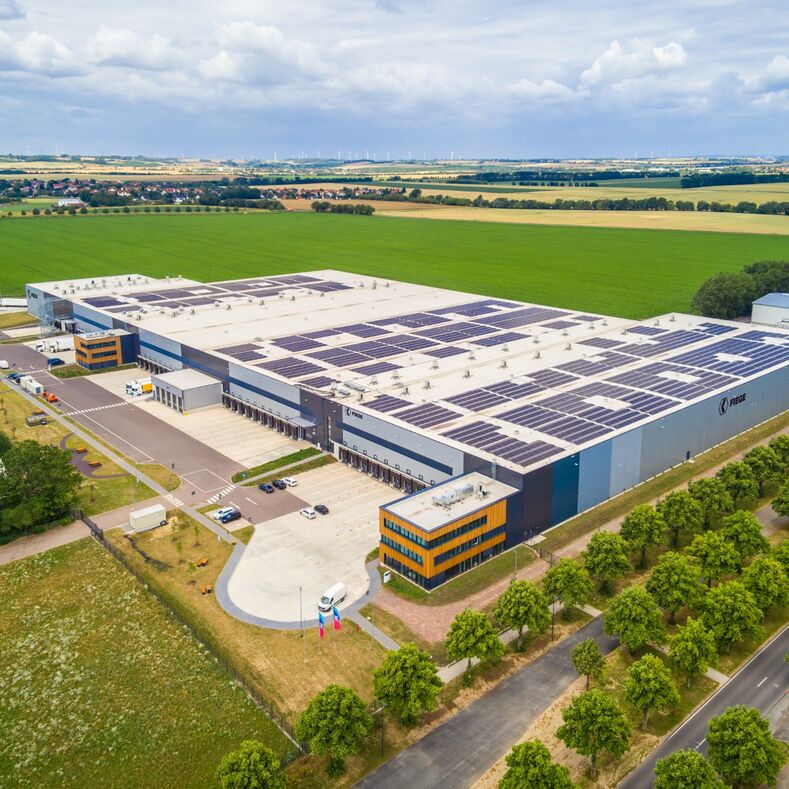 ESG-Story FIEGE & Helaba
ESG-Story FIEGE & HelabaESG-Story FIEGE & Helaba
The FIEGE Group successfully incorporated a sustainability element into its existing syndicated loan.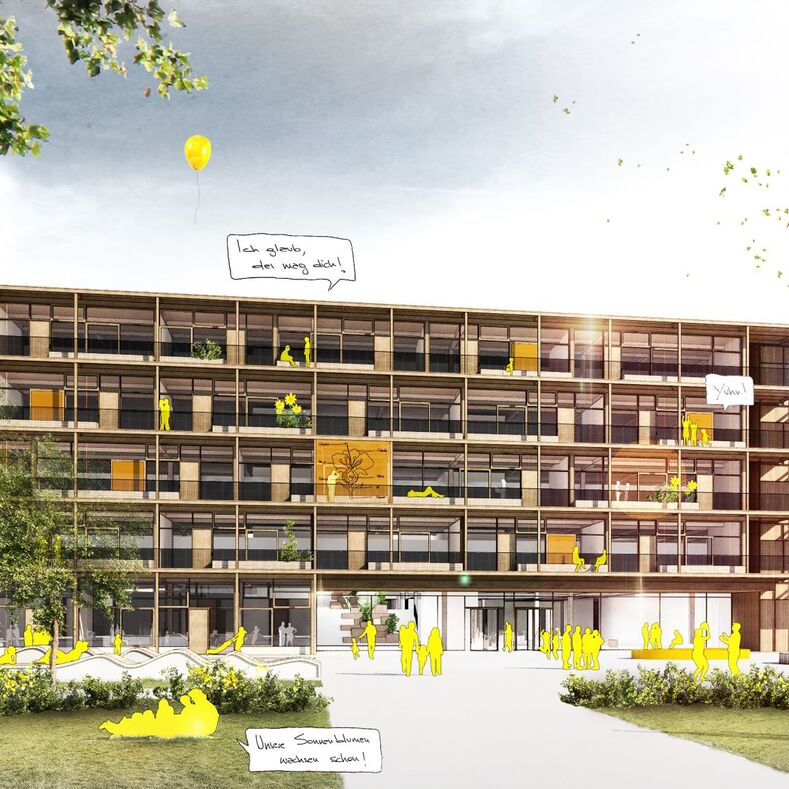 Financing of schools and educational infrastructure
Financing of schools and educational infrastructureFinancing of schools and educational infrastructure
In Nuremberg, Helaba has joined forces with Sparkasse Nürnberg to finance the new Martin-Behaim-Gymnasium, a college preparatory school that will be attended by about 1,500 students.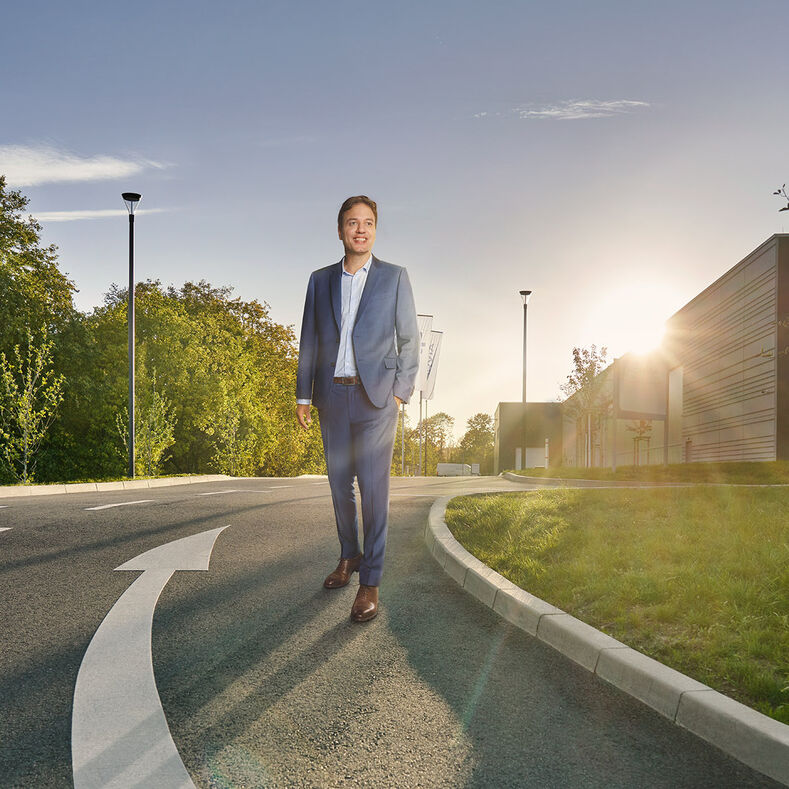 ESG-linked Schuldschein for Faurecia
ESG-linked Schuldschein for FaureciaESG-linked Schuldschein for Faurecia
As part of its ambitious CO2 reduction strategy, Helaba is supporting the automotive and technology company Faurecia with a tailored ESG-linked Schuldschein, which represents a real innovation in the market.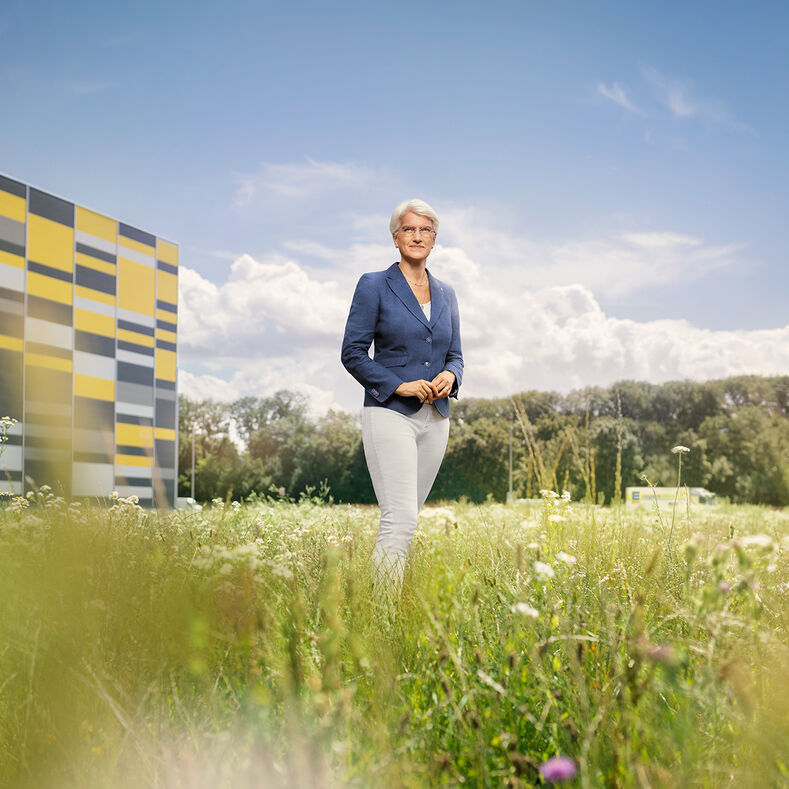 Edeka Südwest
Edeka SüdwestEdeka Südwest
For the German supermarket chain EDEKA Südwest, sustainability is a key tenet of its corporate strategy and is actively embraced in a multitude of ways. Helaba supports this with a sustainability linked loan and a high level of expertise.

